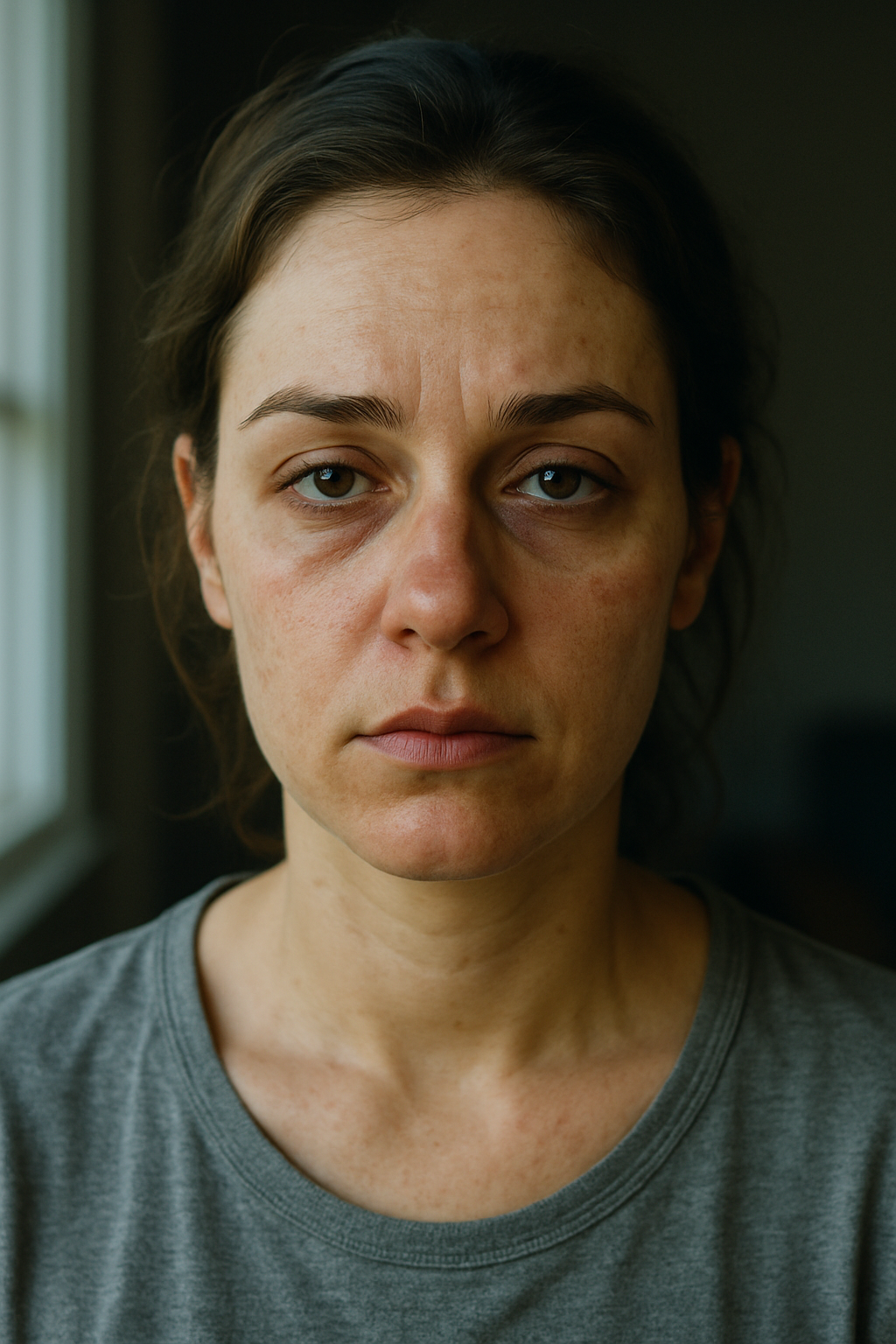Why You Feel Fatigued and Foggy After Lunch – And How to Fix It

When Lunch Leaves You Feeling Drained
You sit down for lunch feeling fine—maybe even energized from your morning. But an hour later, you’re fighting to keep your eyes open and your brain feels like it’s wrapped in cotton.
This “afternoon crash” is one of the most common complaints we hear at Sheen Vein & Cosmetics here in St. Louis. Many people think it’s just “normal” or a sign they didn’t get enough sleep. In reality, fatigue and brain fog after lunch are often signs of deeper metabolic and digestive imbalances.
The Most Common Causes of Post-Lunch Fatigue and Brain Fog
Functional medicine looks beyond “you just ate too much” and instead asks why your body reacts this way after meals.
1. Blood Sugar Spikes and Crashes
The most frequent culprit is an imbalance in blood sugar. If your lunch is heavy in refined carbohydrates—white bread, pasta, sugary drinks—your blood sugar can spike quickly.
Your body responds by releasing a large amount of insulin, which often overshoots and causes your blood sugar to drop rapidly. This blood sugar crash can leave you feeling tired, shaky, and mentally foggy.
2. Poor Digestive Function
If your digestive system isn’t working efficiently—whether from low stomach acid, pancreatic enzyme deficiency, or gut dysbiosis—your body has to work harder to break down food. This diverts energy to the digestive tract and away from your brain and muscles, making you feel sluggish.
3. Food Sensitivities
Foods that your immune system reacts to—like gluten, dairy, or certain food additives—can trigger inflammation that affects both your gut and your brain. This inflammation can lead to fatigue, mental fog, bloating, and even joint pain hours after eating.
4. Low Thyroid Function
If you have an underactive thyroid, your body’s ability to regulate energy after meals is impaired. Even a small post-meal blood sugar dip can leave you feeling exhausted.
5. Circadian Rhythm and Cortisol Patterns
Normally, cortisol levels decline gradually throughout the day. But if your cortisol is already low by midday—often from chronic stress or adrenal dysfunction—you may feel the crash more intensely after eating.
How Functional Medicine Finds the Root Cause
In conventional care, post-lunch fatigue may be brushed off as “just how your body works.” In functional medicine, we test for and address the underlying triggers.
At Sheen Vein & Cosmetics, our evaluation may include:
- Blood sugar monitoring – To detect spikes and crashes.
- Comprehensive stool testing – To assess digestion, microbiome health, and inflammation.
- Food sensitivity testing – To identify delayed immune reactions to foods.
- Thyroid and adrenal testing – To check for low thyroid or cortisol imbalance.
- Nutrient testing – To see if deficiencies are affecting energy metabolism.
A Real-World Example
A 42-year-old man came to our clinic with daily brain fog and drowsiness after lunch. His typical meal was a turkey sandwich, chips, and sweet tea.
Continuous glucose monitoring revealed a rapid spike in blood sugar followed by a steep drop within 90 minutes. Stool testing showed mild gut dysbiosis, and food sensitivity testing revealed a gluten reaction.
We replaced his lunch with a higher-protein, lower-carb meal, added digestive support, and eliminated gluten for six weeks. The result? No more afternoon crash, improved focus, and sustained energy until dinner.
How to Reduce Fatigue and Brain Fog After Lunch
While your exact plan should be personalized, here are some general strategies:
- Balance Your Macronutrients – Include protein, healthy fats, and fiber with every meal to slow blood sugar spikes.
- Limit Refined Carbs and Sugars – Swap white bread, pasta, and sugary drinks for whole grains, vegetables, and water.
- Support Digestion – Eat slowly, chew thoroughly, and consider digestive enzymes if recommended by your provider.
- Identify and Remove Trigger Foods – Food sensitivity testing can help pinpoint hidden culprits.
- Stabilize Sleep and Stress – A healthy circadian rhythm supports stable energy all day.
- Stay Hydrated – Mild dehydration can worsen post-meal fatigue.
Why This Matters for Your Long-Term Health
Frequent post-meal crashes aren’t just inconvenient—they can be an early warning sign of insulin resistance and future metabolic problems, including type 2 diabetes and cardiovascular disease.
Addressing the root cause now not only improves daily energy but also protects your long-term health.
The Takeaway
Feeling tired and foggy after lunch is not “just how you are”—it’s a sign your body’s energy regulation needs attention. Blood sugar imbalance, poor digestion, food sensitivities, thyroid issues, or adrenal dysfunction could all be part of the picture.
At Sheen Vein & Cosmetics, we specialize in functional medicine evaluations that uncover the real reason behind your post-meal fatigue and brain fog. We then create a personalized plan to restore your energy, clarity, and metabolic health.
We offer both in-person visits in St. Louis and telemedicine consultations for patients across Missouri and Illinois.